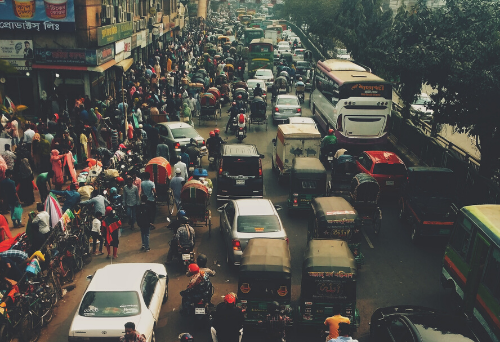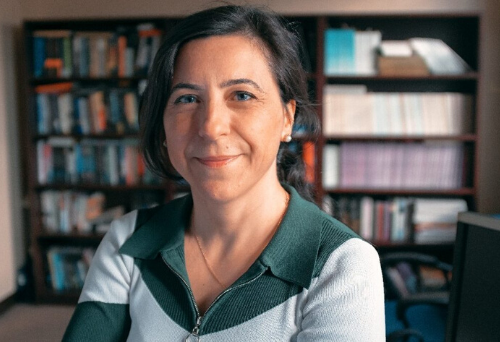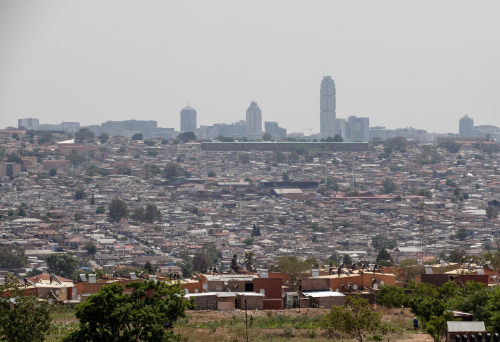Hunger could kill more people than COVID-19
Elias Papaioannou, Professor of Economics at London Business School and Academic Director of the Wheeler Institute for Business and Development was joined in conversation with Oriana Bandiera, Italian economist and academic and Professor of Economics at the London School of Economics, specialising in development economics, to discuss how her research in Bangladesh relating to the Ebola outbreak might have lessons for other developing economies during the COVID-19 pandemic.










